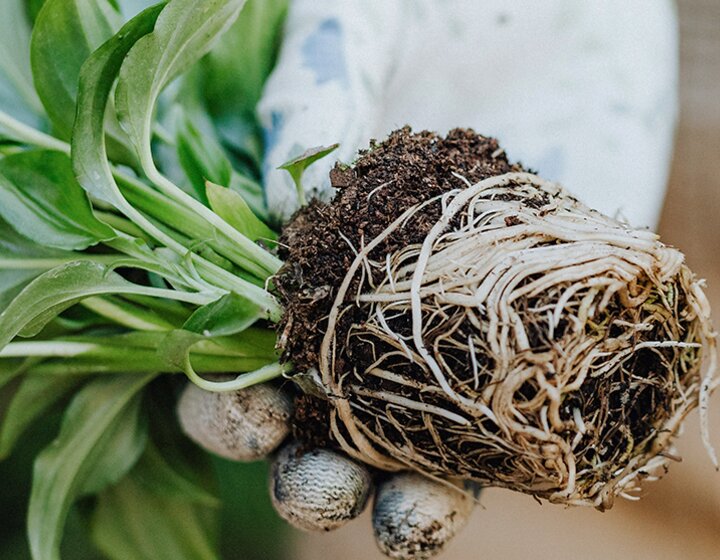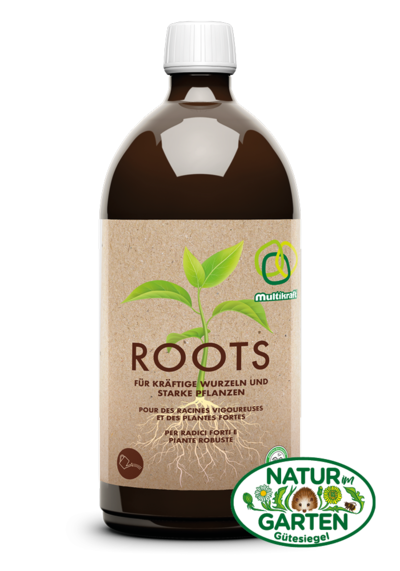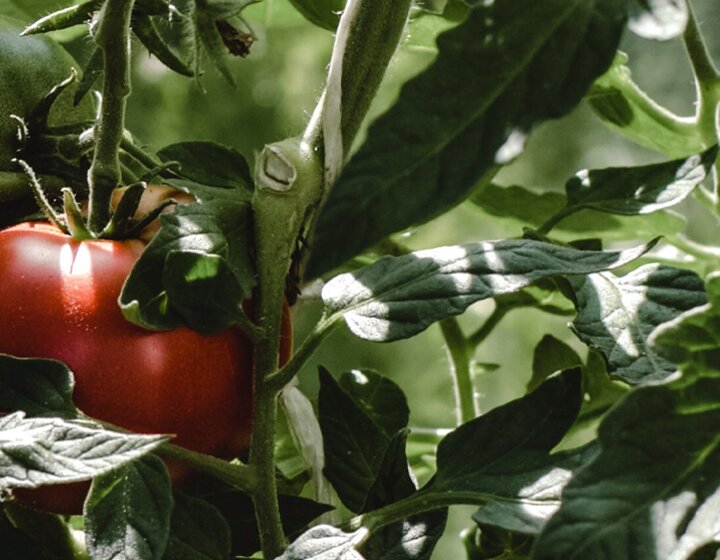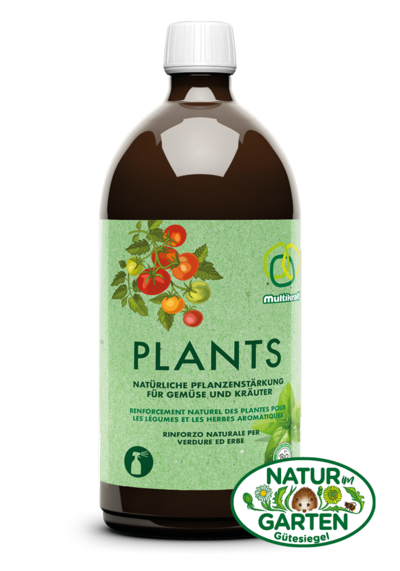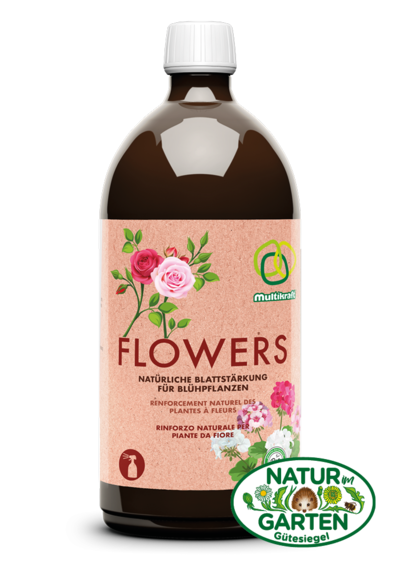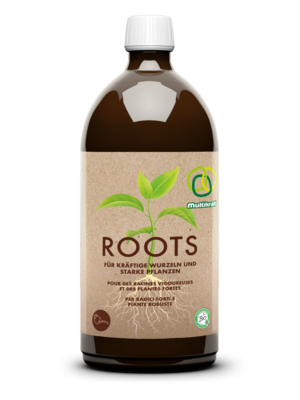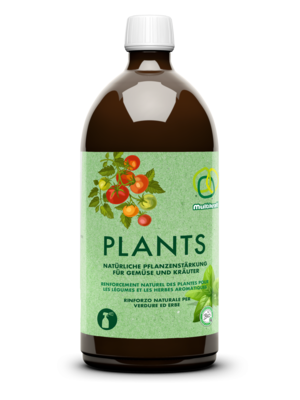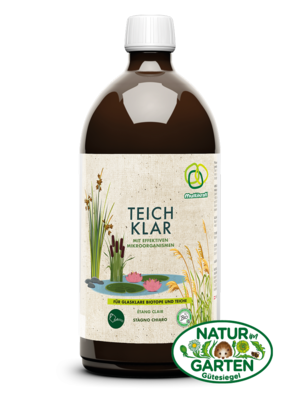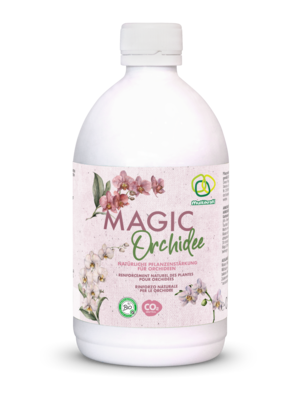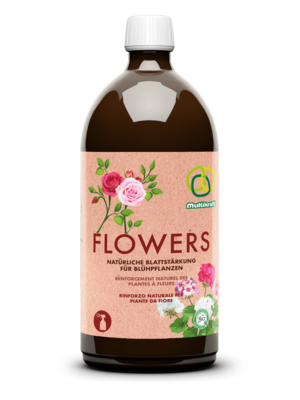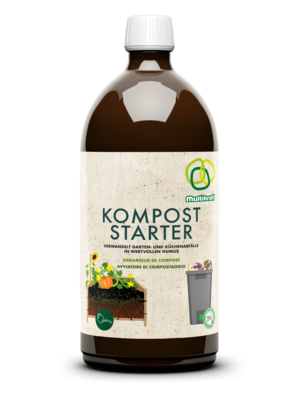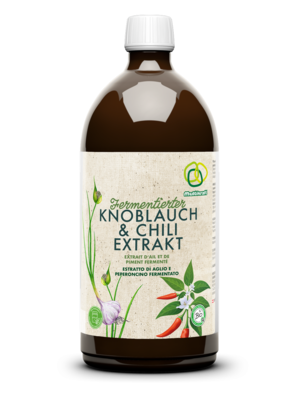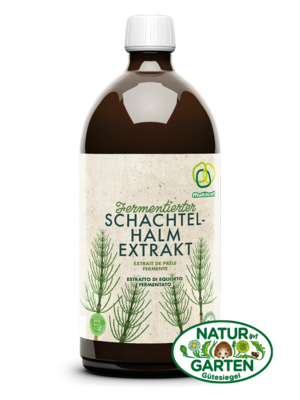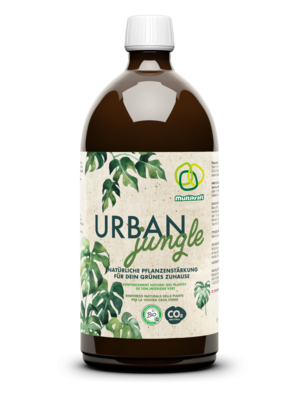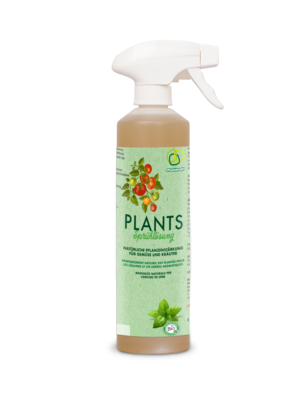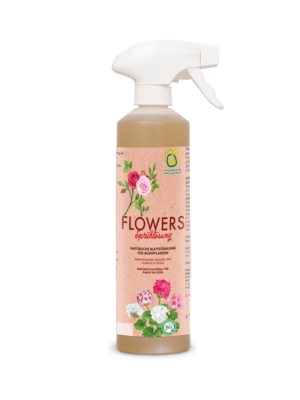Effective Microorganisms for your home
Enjoy colourful flowers and fruits full of flavour from your own garden. By using Effective Microorganisms, you can create a healthy environment in the soil and on leaf surfaces. This makes your plants less prone to attacks from pests and diseases. In your pond, Multikraft technology keeps the water crystal clear and improves water quality. You can also use Effective Microorganisms in a variety of ways in your home.
Sustainability
Natur im Garten (natural gardening)
Multikraft is a proud partner of the “Natur im Garten” (natural gardening) movement. The initiative, whose membership now includes more than 15,000 garden owners, promotes gardening without artificial fertilisers, pesticides or peat.
This extensive network has set itself the task of raising awareness of natural gardening among the general public. This makes us all the more pleased that a range of Multikraft products have been awarded the “Natur im Garten” seal of quality.
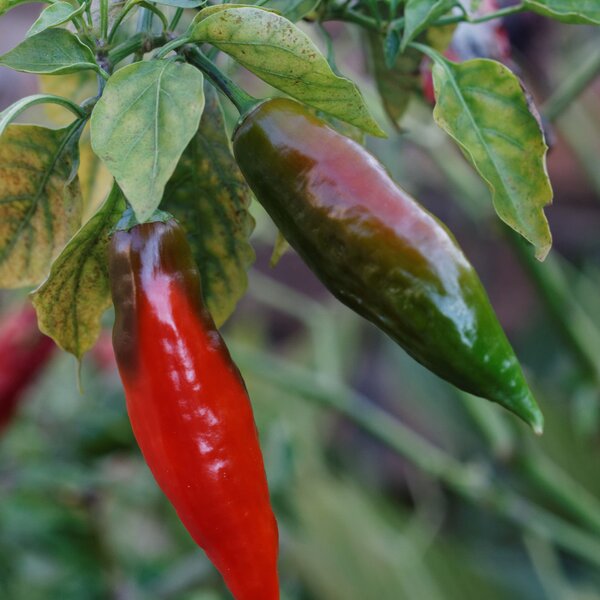
Bestsellers for home, garden and pond
Future events
Blog
The latest news from the world of home, garden and pond

Wooden floors are very popular because of their unique look. The sustainable material radiates warmth and naturalness, feels good and grounding and is generally extremely durable. Find out how to take good care of your floorboards and make them shine with the eMC cleaners from Multikraft from our expert Barbara Enengel in our new series "Multiwissen - Barbara's effective tips for every home"
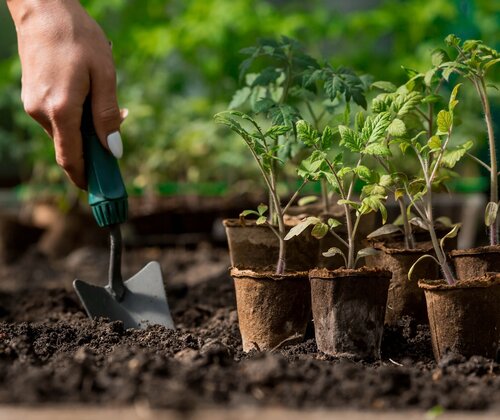
What makes Multikraft's original organic black soils so special? They are produced according to the terra preta principle and are already naturally rich in microorganisms. Find out more about our soils for vegetables and raised beds or flowers and herbs and what you should look out for when buying soil.
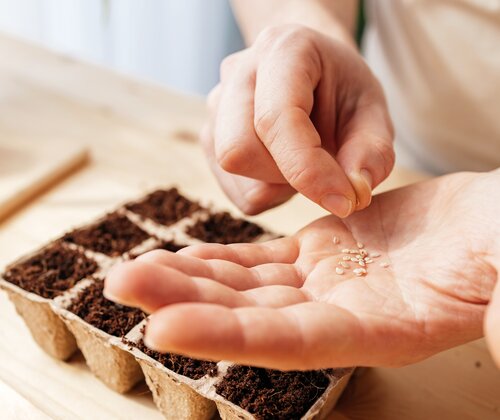
February marks the start of young plant cultivation for chillies and peppers, followed by tomatoes in March and, a little later in April, courgettes, cucumbers and pumpkins. A successful start is crucial for the healthy growth of plants. These tips will increase your germination success.

